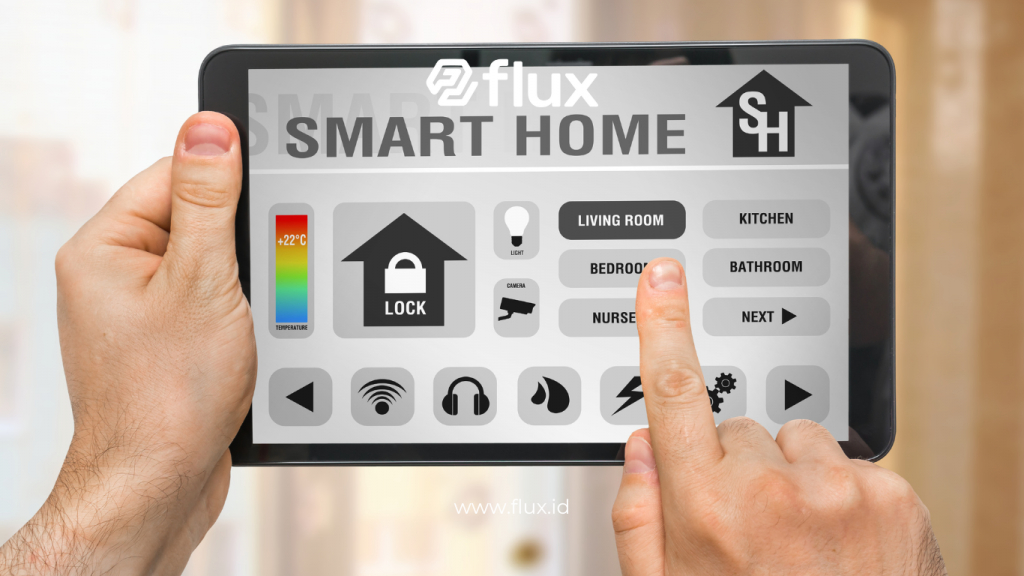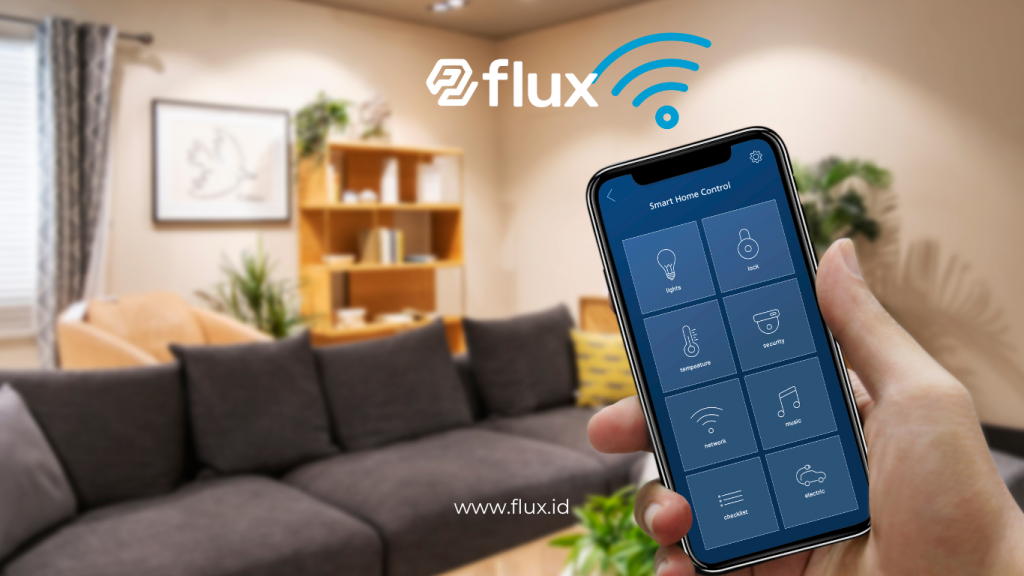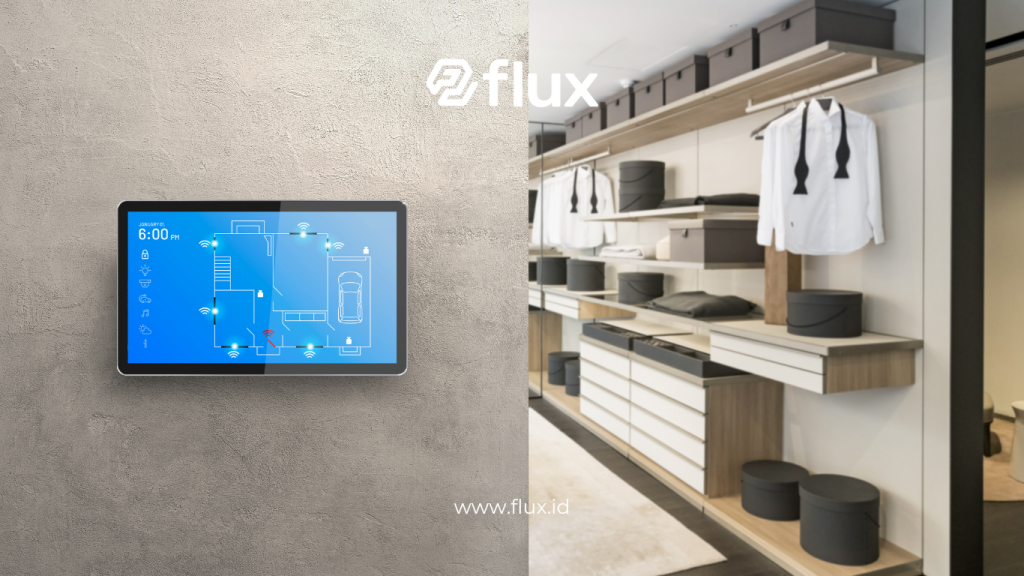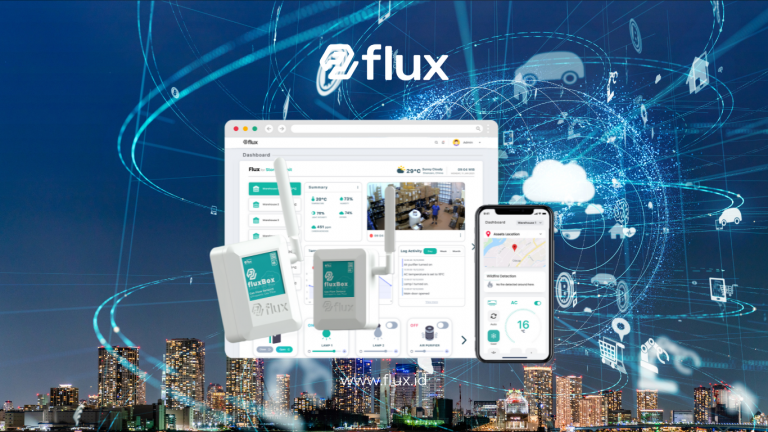Don't miss our holiday offer - 20% OFF!
The Internet of Things (IoT) technology has transformed how we interact with everyday devices, including those at home. The concept of a smart home has gained popularity, offering convenience and efficiency. However, is a smart home based on IoT truly a necessity, or is it just a passing trend? This article delves deeper into the smart home phenomenon, its benefits, the challenges it faces, and whether it is a worthwhile investment.
Contents
What is a Smart Home Based on IoT?

Read more: Integrating IoT with Home Devices: Tips for Starting Your Smart Home
A smart home is a residence equipped with electronic devices interconnected via the internet. This technology allows users to control devices like lights, security cameras, air conditioning systems, and other electronics using smartphones or voice commands. IoT plays a significant role in enabling these devices to communicate with each other.
Examples of smart home technologies:
- Smart lights that can be controlled remotely.
- IoT-based security systems, such as CCTV accessible via apps.
- Virtual assistants like Google Home or Alexa to control various devices.
- Smart AC systems that adjust temperatures as needed.
Benefits of IoT-Based Smart Homes
1. Convenience and Comfort
With a smart home, homeowners can control multiple devices automatically and remotely. For example, you can turn on the air conditioning before arriving home using an app.
2. Energy Efficiency
One of the main benefits of smart homes is energy efficiency. Smart lights turn off automatically when no activity is detected in a room, as do air conditioning and other electronic systems.
3. Enhanced Security
IoT-based security systems provide extra protection for homeowners. Smart cameras, motion sensors, and digital locking systems allow residents to monitor their homes anytime, anywhere.
4. Time-Saving
With device integration, many manual tasks can be automated. For instance, scheduling a robotic vacuum cleaner to clean the house regularly.
Challenges in Adopting Smart Homes

Read More: Entering the Digital Era with IoT-Based Smart Homes
1. High Installation Costs
Despite its benefits, installing IoT technology for smart homes remains expensive. Advanced devices like virtual assistants, smart sensors, and security cameras require significant initial investments.
2. Data Security and Privacy
A key concern in smart homes is data security. Since all devices are internet-connected, they are vulnerable to hacking.
3. Dependence on Internet Connectivity
Smart homes heavily rely on internet connections. Network disruptions can hinder device functionality, causing inconvenience.
4. Lack of User Knowledge
Not everyone is familiar with IoT technology. The installation and operation processes of these devices can be confusing for those who are less tech-savvy.
Is a Smart Home Truly a Necessity?
For some people, a smart home has become a necessity, especially for modern families seeking time efficiency and convenience. However, for others, smart homes are still considered a trend or a luxury that is not yet essential.
When Does a Smart Home Become a Necessity?
- Busy Lifestyles: For individuals with hectic routines, device automation can help save time and effort.
- Families with Small Children or Elderly Members: Security systems and remote control features make it easier to monitor household activities.
- Energy Efficiency: For those concerned about saving energy and electricity, smart homes provide an effective solution.
However, for individuals living in areas with limited internet connectivity or those on a tight budget, adopting smart home technology might not yet be a priority.
Future Trends of Smart Homes

Read More: Understanding IoT Technology in Smart Homes: From Surveillance to Automation
IoT technology continues to develop rapidly and is becoming increasingly accessible. Here are some predictions for future smart home trends:
- More Advanced AI Integration: Future smart devices will become even smarter, learning users’ habits and preferences.
- Improved Cybersecurity: Efforts to enhance data security will be a primary focus to minimize the risk of data breaches.
- More Affordable Devices: The price of smart home devices is expected to become more affordable as technology advances.
- A More Integrated Smart Home Ecosystem: All devices in a home will be able to connect to a single, easily accessible platform.
Conclusion
IoT-based smart homes offer various benefits such as convenience, energy efficiency, and enhanced security. However, challenges like high costs, data security concerns, and reliance on internet connectivity remain significant obstacles.
Is a smart home truly a necessity or just a trend? The answer depends on individual needs and lifestyles. For some, this technology is a solution to improving quality of life, while for others, it may still be an innovation that is not yet essential.
As technology advances, smart homes will become increasingly integrated into daily life. For those looking to get started, consider specific needs, budgets, and the long-term benefits that this technology offers.





